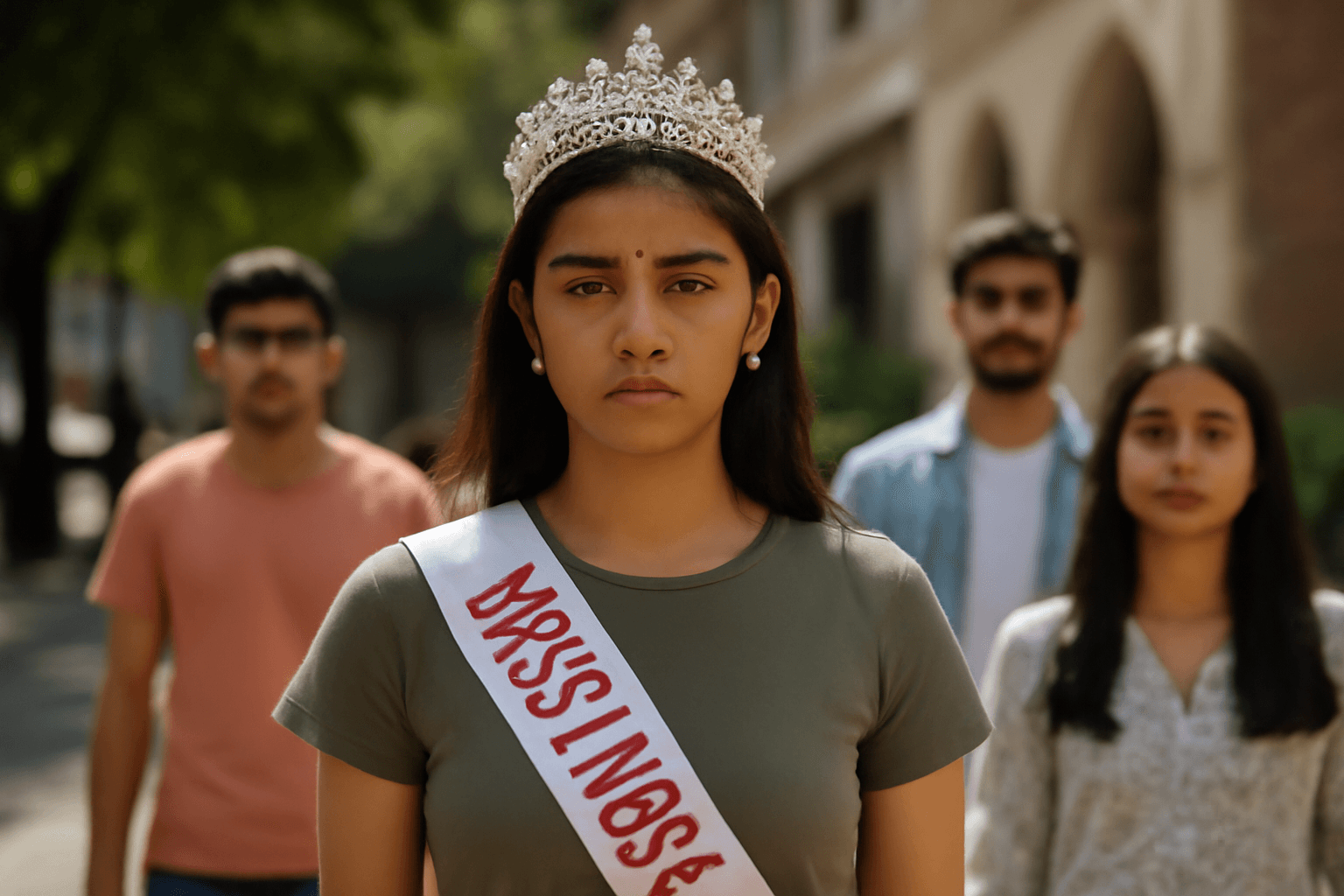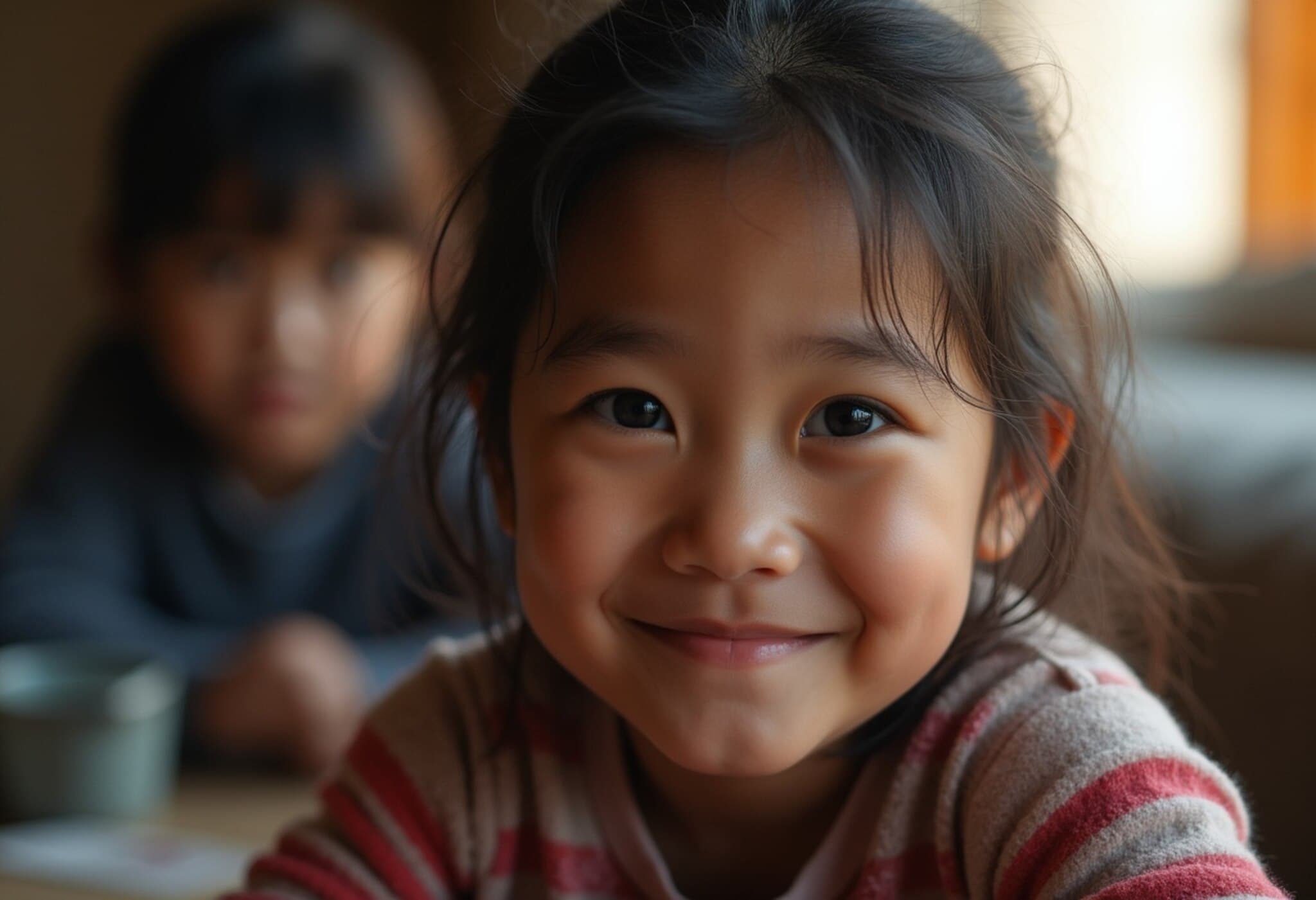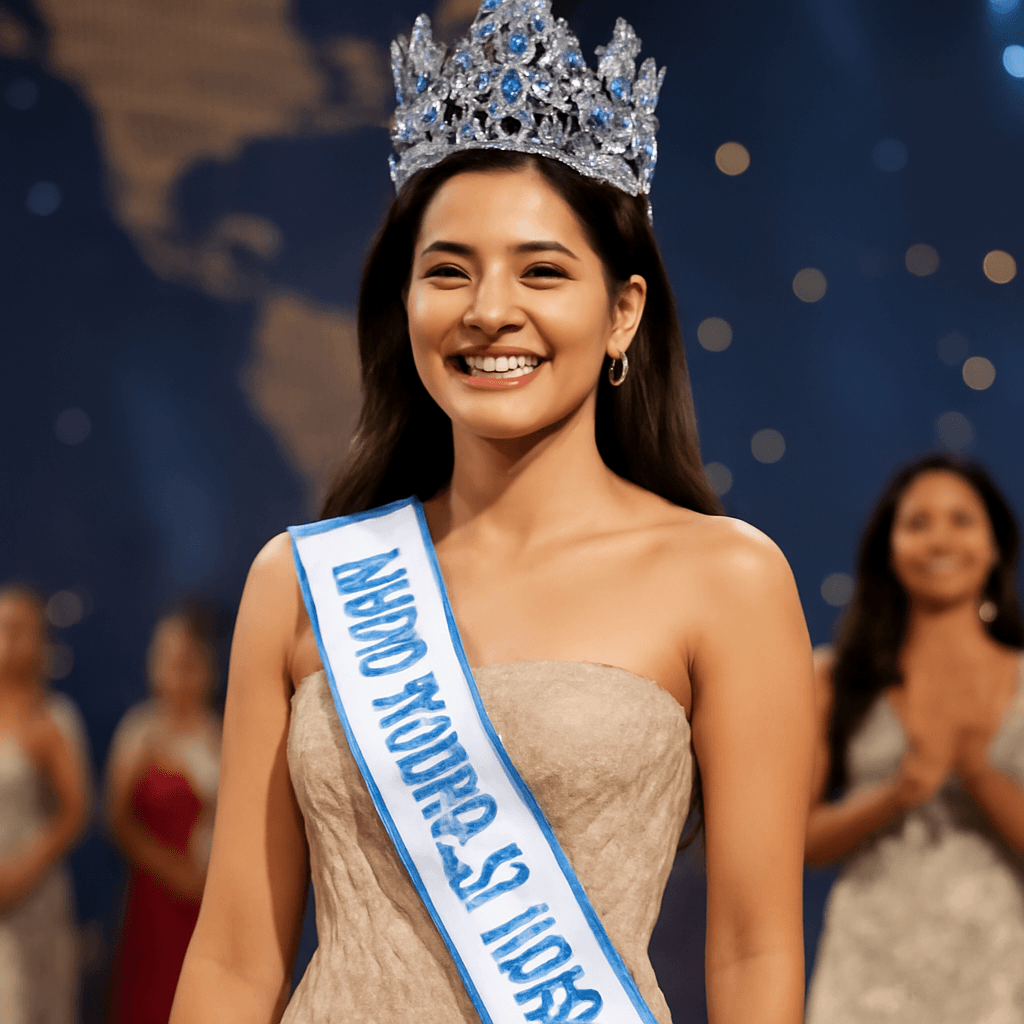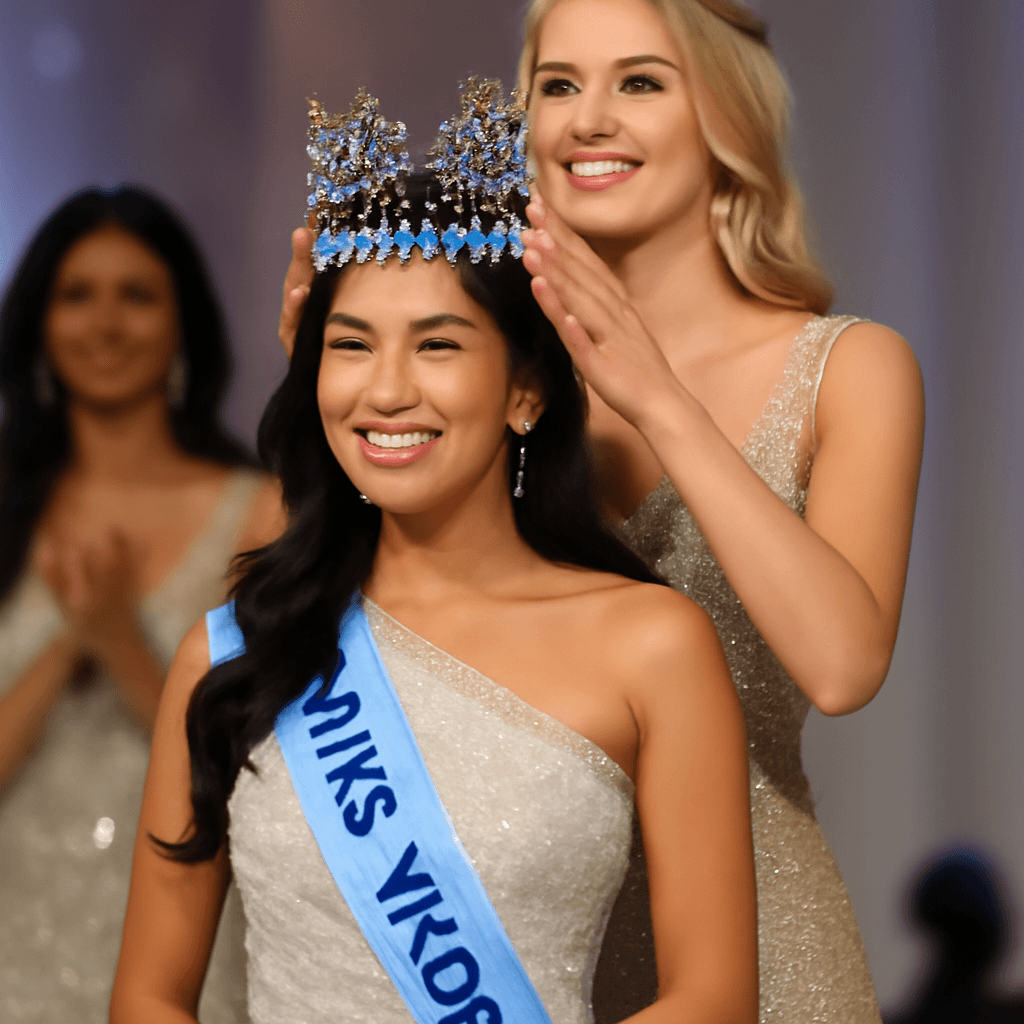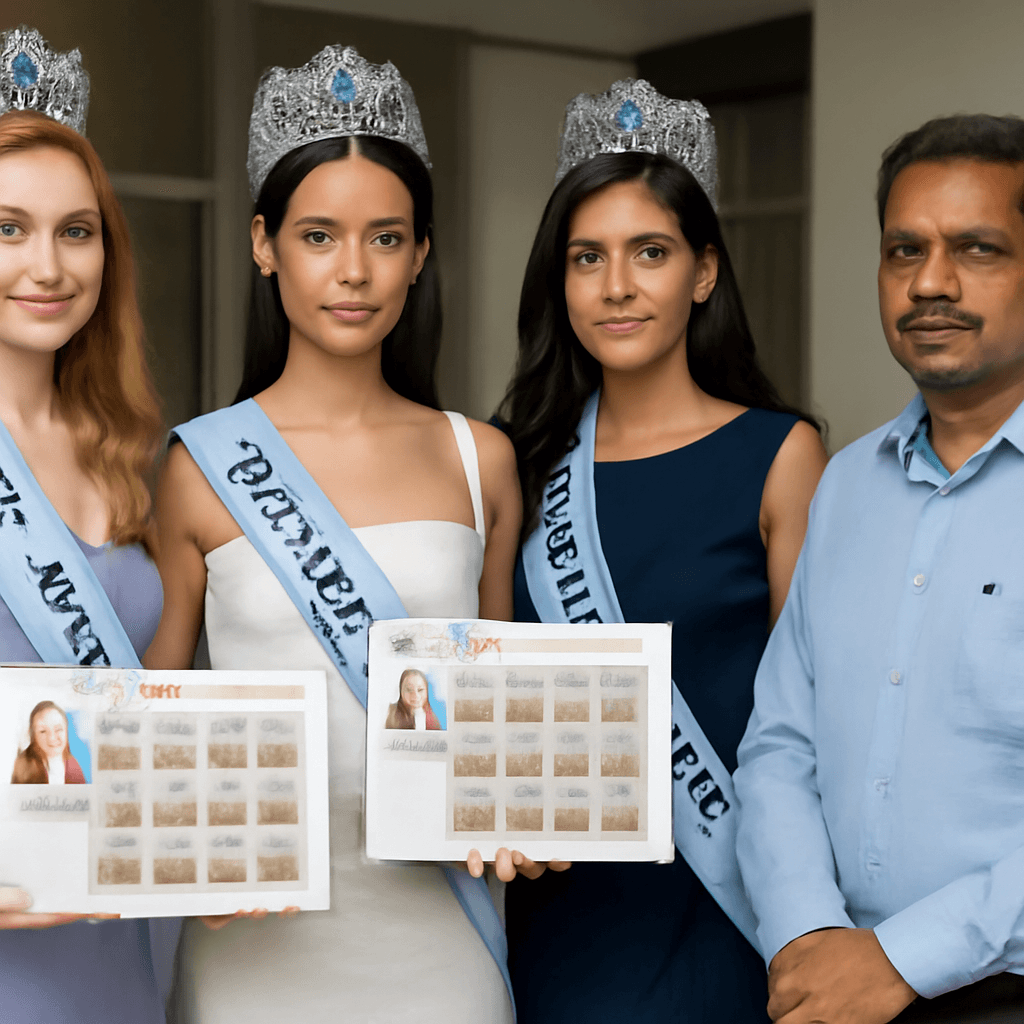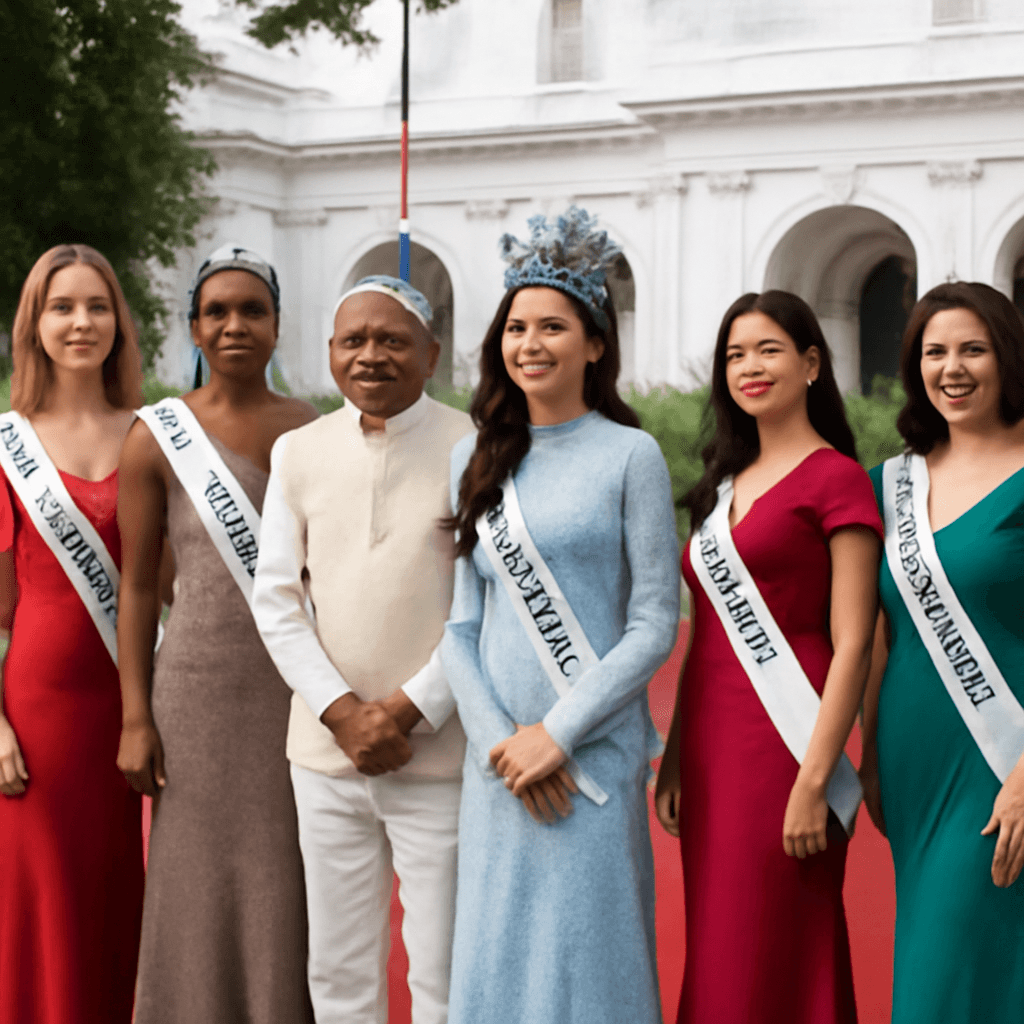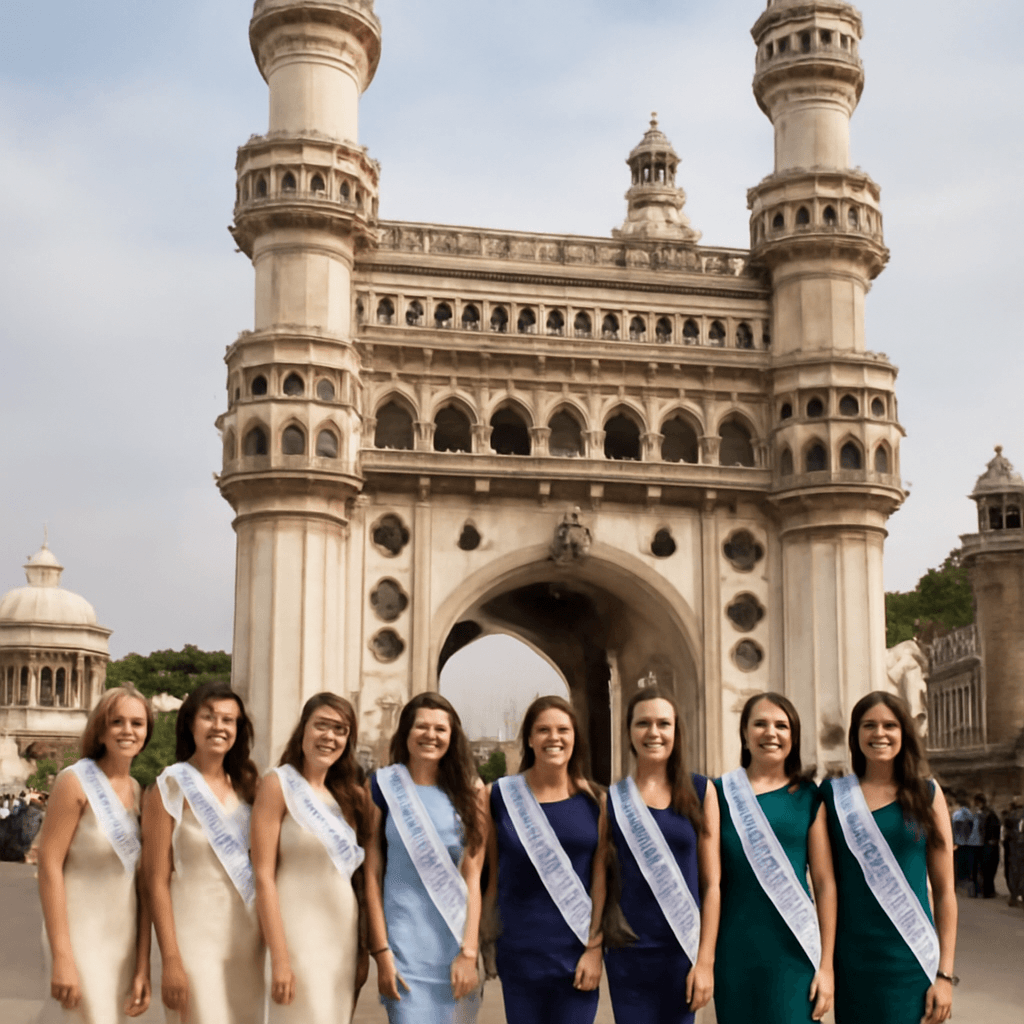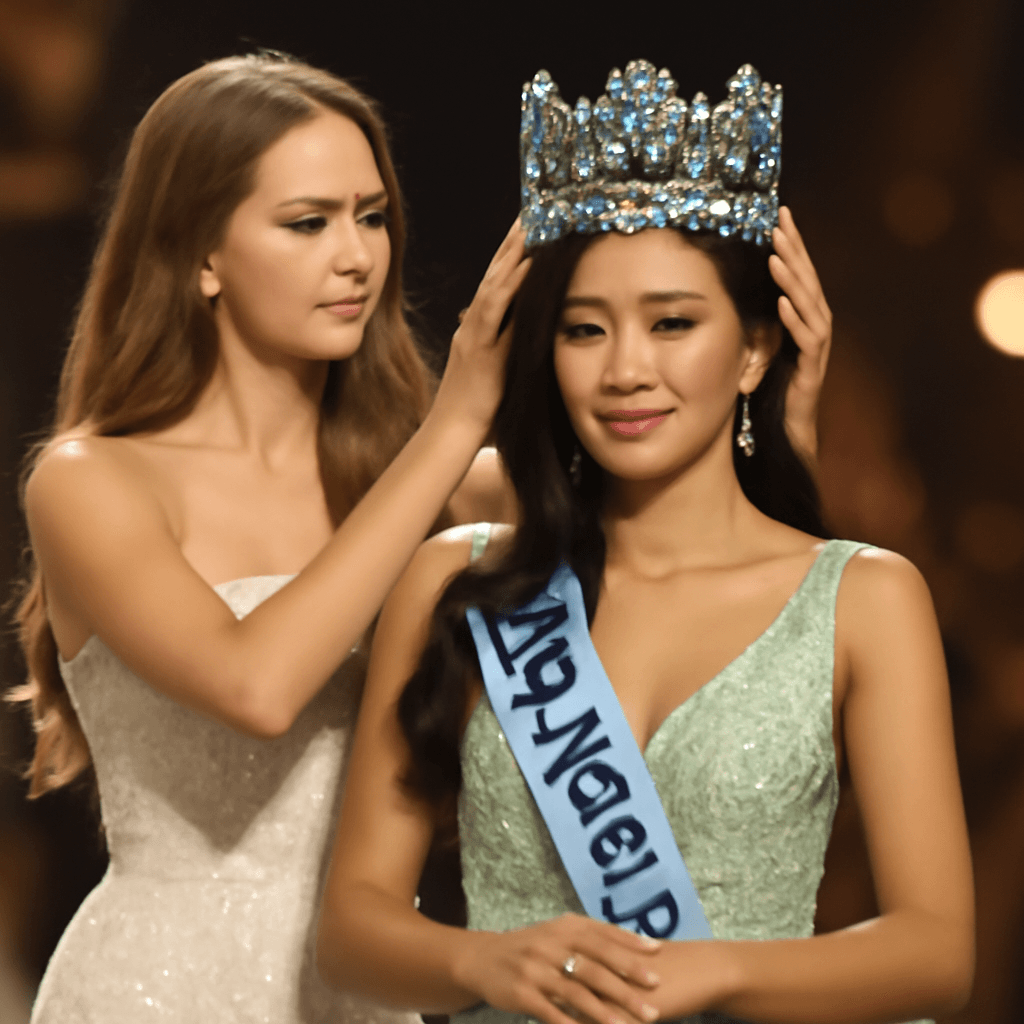Days before the Miss World 2025 finale on May 31, the reigning Miss England made a historic withdrawal, citing moral conflicts and exploitation within the pageant. She alleged being objectified and mistreated, claims the Miss World organization has denied, announcing plans to sue for defamation. This unprecedented resignation in the competition’s 74-year history has reignited discourse on the relevance and ethical standards of beauty pageants in the modern era.
In Pune, opinions among young adults reflect a spectrum of views on the role and impact of such contests. Neha Gaikwad, a 24-year-old graduate preparing for higher studies in the US, acknowledges the traditional allure of pageants for promoting grace and purpose. Though surprised, she admits rumours about industry misconduct are not new. She advocates for evolution towards greater diversity, transparency, and mental health support to maintain pageants as impactful platforms.
Conversely, Ketaki Patil, 22, a university student, expresses skepticism regarding pageants' empowerment claims. She points to systemic expectations for women to conform to rigid beauty and behaviour standards without adequate remuneration, and a lack of authentic voice. Patil contends that genuine celebration of beauty would discard outdated formalities like gowns and etiquette lessons, arguing these contests often perpetuate regressive stereotypes rather than feminist ideals.
Supporting the withdrawal, a 22-year-old MBA student highlights contradictions in the ‘beauty with a purpose’ mission when participants face pressures to emphasize appearance with full makeup and formal dress even during casual occasions. Poonam Tamhane, a Pune-based architect, offers a balanced perspective acknowledging the confidence pageants can foster but emphasises the societal pressures and public scrutiny women endure. She calls for a structural overhaul to align pageants with contemporary, multifaceted female identities.
A 19-year-old IISER Pune student critiques the unrealistic standards ushered by these contests, suggesting they restrict critical engagement and reinforce patriarchal norms rather than offering credible career opportunities. Meanwhile, a 21-year-old model involved in pageants conveys disillusionment with the industry, pointing out the frequent exposure to disrespectful incidents. She stresses participants' right to pursue aspirations with dignity and respect.
The controversy surrounding Miss England’s exit has reignited vital conversations on the ethical responsibilities and future direction of beauty pageants. As younger generations in Pune and beyond scrutinize the industry’s practices, calls grow louder for deeper reforms that reflect the diverse realities of women today.

